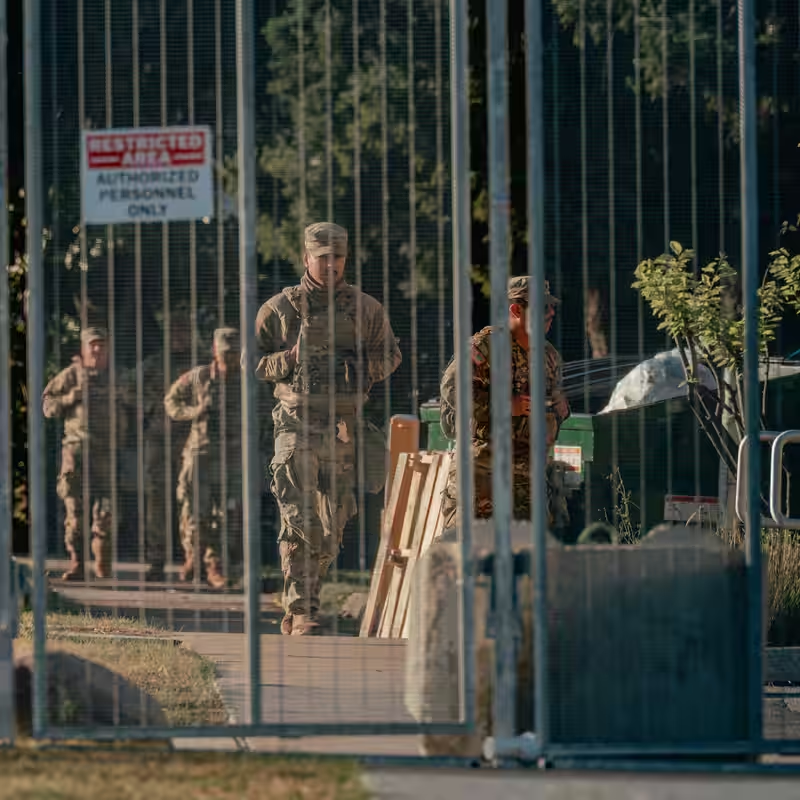Table of Contents
- Illinois Urges Court to Block Troop Deployment
- What Trump’s Chicago Plan Entails
- Legal Battle Over National Guard Authority
- Why This Case Could Set a National Precedent
- Reactions from Chicago and Beyond
- Sources
Illinois Urges Court to Block Troop Deployment
Illinois state officials have filed an emergency request with the U.S. Supreme Court, asking justices to uphold a lower court’s block on former President Donald Trump’s plan to deploy federalized National Guard troops to Chicago. The move—framed by Trump as a response to rising urban crime—has ignited a fierce constitutional debate over who controls state militias during peacetime.
“This isn’t about public safety—it’s about federal overreach,” said Illinois Attorney General Kwame Raoul in a statement. “The National Guard belongs to the states unless Congress or the Constitution says otherwise.”
What Trump’s Chicago Plan Entails
Under the proposal, Trump sought to federalize Illinois National Guard units and deploy them for law enforcement duties in Chicago—a city he repeatedly criticized during campaign rallies for “out-of-control violence.” The plan would have placed troops under direct federal command, bypassing Governor J.B. Pritzker’s authority.
Legal experts note that while presidents can federalize the Guard under specific circumstances—such as insurrection or invasion—using it for routine policing is unprecedented in modern times.
Legal Battle Over National Guard Authority
The core of the dispute centers on the Insurrection Act and the Posse Comitatus Act, which generally prohibit the use of military forces for domestic law enforcement. A federal district judge in Chicago initially blocked the deployment, citing lack of evidence of an actual insurrection.
The Seventh Circuit Court of Appeals later upheld that injunction, writing that “the executive cannot unilaterally redefine civil unrest as rebellion to justify military intervention.”
Now, with the case before the Supreme Court, the National Guard deployment could hinge on how the justices interpret emergency presidential powers—a question with far-reaching implications.
Why This Case Could Set a National Precedent
Although the Supreme Court’s ruling would technically apply only to this specific deployment, legal scholars warn it could establish de facto ground rules for future National Guard use across the country.
“If the Court greenlights this, nothing stops a future president from sending troops to Los Angeles, Atlanta, or Miami over local objections,” said Professor Miriam Chen, a constitutional law expert at Northwestern University. “It rewrites the balance of federalism.”
Conversely, a strong reaffirmation of state control could limit presidential authority in domestic security matters for decades.
Reactions from Chicago and Beyond
Chicago Mayor Brandon Johnson called Trump’s plan “a political stunt disguised as policy,” while community groups expressed fears of militarized policing in Black and Latino neighborhoods.
Meanwhile, conservative legal advocates argue that mayors and governors have failed to contain violent crime, justifying extraordinary federal measures. “When local leaders lose control, the federal government has a duty to step in,” wrote the Federalist Society in an amicus brief.
As the Supreme Court weighs whether to hear the case—or let the injunction stand—the nation watches a high-stakes test of emergency power, state sovereignty, and the role of the National Guard in American cities.




